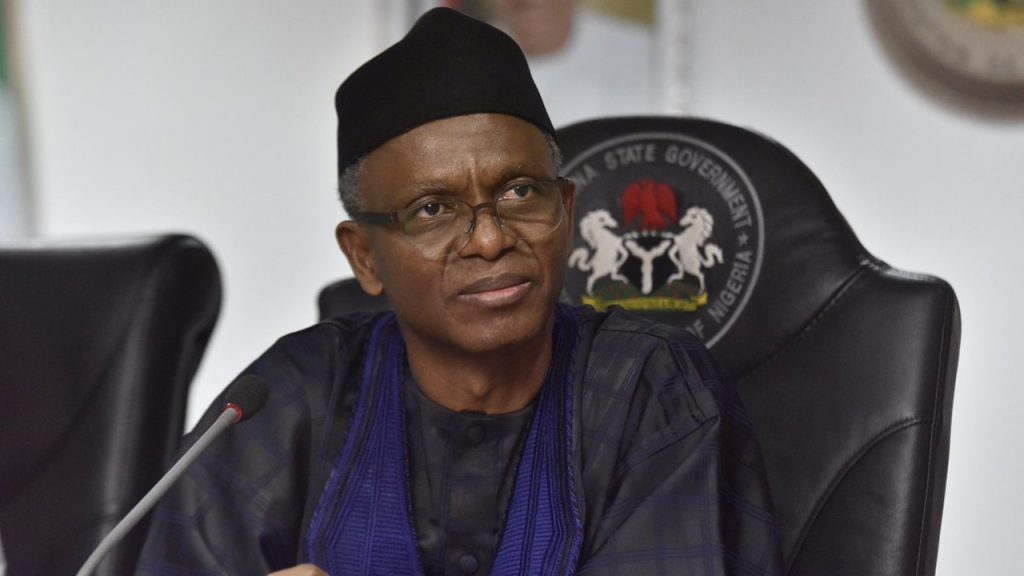Share!
Malam Nasir El-Rufai, governor of Kaduna State, has argued for a restructuring of Nigeria’s income-sharing system in favor of states.
He claims that if revenue sharing is reversed to 20% for the federal government and 80% for states, the federal government will abandon the majority of its existing obligations to the states.
Also Read:
El-Rufai, who spoke at Dr. Zainab Usman’s policy and book presentation in Abuja on Tuesday, said the new formula will be the sole method for citizens to keep governors accountable.
The APC had listed restructuring as part of its campaign promises to Nigerians prior to the 2015 elections, which brought the party to power.
The committee recommended, among other things, that power be devolved to states on issues such as policing and resource control.
However, a few weeks before the end of the APC-led government, the party has yet to implement the recommendations made by the El-Rufai committee.
The governor said the theme of the event, which was on how Nigeria can build a post-oil economic future, was crucial, noting that if the country doesn’t end fuel subsidy now, the economy might go bankrupt sooner than expected.
“If we reverse the revenue allocation and the federal government has only 20 per cent, and 80 per cent goes to the states, then you go to the exclusive list and revert to the 1963 Constitution where the FG had limited functions and most of the functions went to the states.
“If your general hospitals don’t work, if your primary schools don’t work, if your secondary schools don’t work, and so on. You ask your governor. Then things will begin to change. The states will have enough resources to compete, just like in the days of regional governments,” he said.
Also speaking, a former Central Bank governor, Prof. Charles Soludo, called for devolution of powers, saying Nigeria is the only country in the world with three federating units.
Soludo, who is the Anambra State governor, stressed the need for the country to have what he called “real fiscal federalism”.
“The FG, states and the local governments are an anomaly, and it is time to face real fiscal federalism. The federal government is now an octopus with huge costs. The FG has close to 1000 MDAs and attempts to run the entire country from Abuja. This is wrong in a federal structure. We will have to take deliberate steps to incentivise the growth of institutions from below,” he said.
Earlier in her remarks, the author of the book, Zainab, noted that sub nationals needed to do more in terms of revenue generation as only four states in Nigeria can survive without allocations from the federal government.
